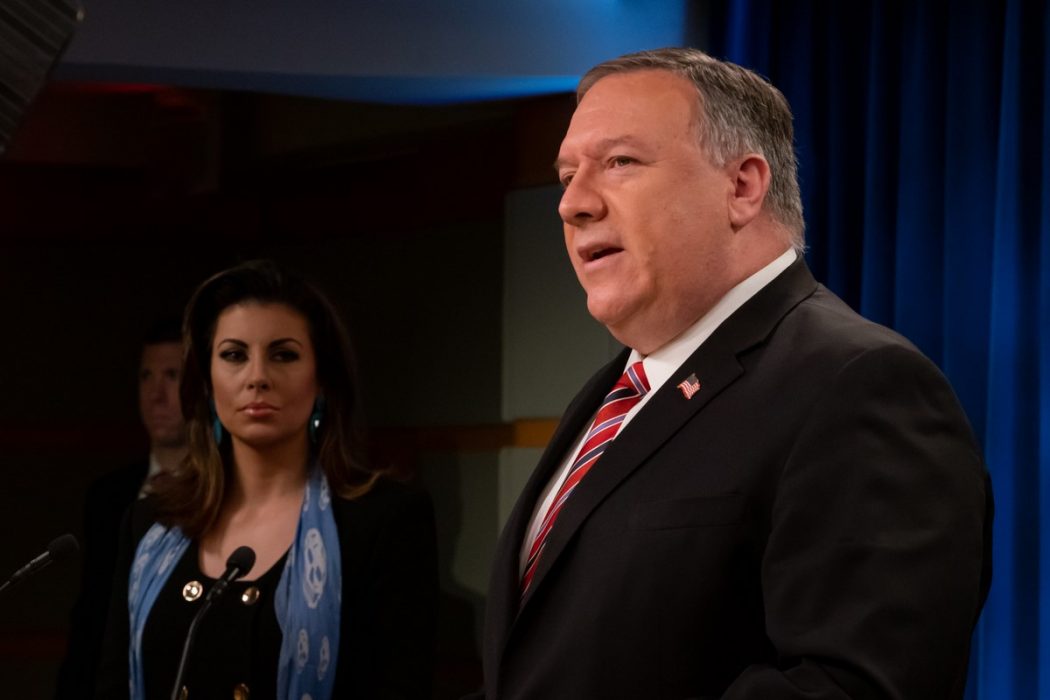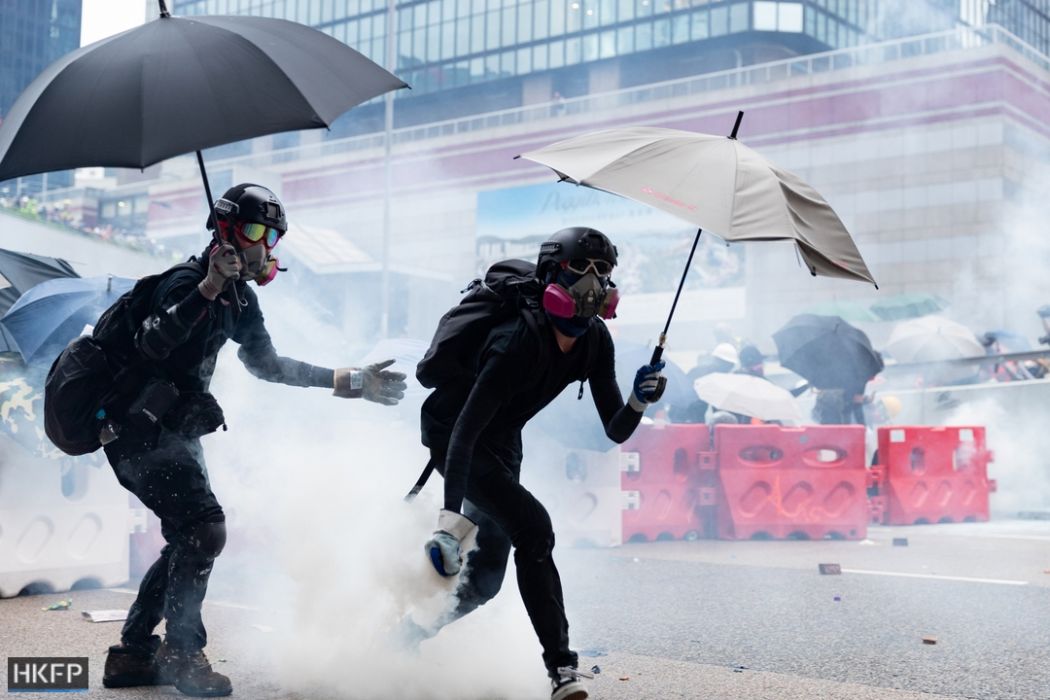Beijing loyalist Tam Yiu-chung has urged Hong Kong to enact national security legislation by next August, while Beijing’s liaison office blasted criticism of the controversial law by overseas politicians as “interference.”
Speaking on Commercial Radio on Sunday, Tam – a member of the National People’s Congress Standing Committee (NPCSC) – said enacting Article 23 of the Basic Law was necessary, but the legislative process could not be completed within this year, as the Legislative Council’s term of office will end in two months.

Tam said it was up to the Hong Kong government to decide how to pass the legislation, which would enable it to make laws to prohibit any act of treason, secession, sedition, subversion against the central government. But he said he hoped the consultation process could be resumed as soon as possible when the legislature begins its new term.
“This is just my personal hope. I’ve said I hoped the government could complete the enactment of Article 23 within this term,” Tam told reporters after the programme. He said: “I’m not sure whether the Central [authorities] have a timetable or not.”
Legislation of Article 23 failed in 2003 following mass protests, with pro-democracy advocates fearing that it could jeopardise civil liberties. The government has always had enough votes to pass the law, but it has been shelved since the 2003 debacle.
Tam claimed that many citizens had hoped the national security law would put an end to the “chaos and violence” in the city, in reference to the recent anti-extradition law protests. But he admitted its enactment would be a challenge if the pro-democracy camp repeats its landslide victory in the District Council election last November and secures over half of the seats in the Septemeber legislative race.

“Not only Article 23, a lot of things would not get done,” Tam said.
When asked about proposals by other Beijing-friendly figures – who suggested listing Article 23 in Annex III of the Basic Law – Tam said it was one method.
Beijing’s promise
Tam’s comments came on the same day that the liaison office released a statement to condemn American and British politicians as “unreasonably attacking” One Country, Two Systems and Hong Kong’s mini-constitution.
US Secretary of State Mike Pompeo said last Wednesday that the US was concerned with the increased efforts of Beijing to interfere with the governance of Hong Kong. He said the legislation of Article 23 would contradict Beijing’s promises under the One Country, Two Systems and harm US interests in the city.

“Any effort to impose draconian national security legislation on Hong Kong would be inconsistent with Beijing’s promises, and would impact American interests there,” Pompeo said.
Beijing’s agency said the remarks were made by “anti-China” politicians were “ridiculous” and “arrogant,” claiming that the statements were false and had violated international law.
“It is yet another example of foreign forces rudely interfering with Hong Kong’s affairs and China’s internal governance,” the spokesperson said.

In the same statement, the liaison office rebuked a report released on April 23 by the National Democratic Institute (NDI) – a pro-democracy group funded by the US State Department – which said Beijing had sought to spread disinformation by blaming “malevolent foreign forces” for the large-scale unrest. Beijing had also failed to recognise the nature of the movement, which stemmed from “genuine grievances,” the report said.
Beijing slammed the report as “full of lies and double standards,” as well as vilifying the Hong Kong government and police force.
“[The report] distorted the truth of the extradition bill crisis, packaging the disregard for rule of law, loss of humanity and appalling violent behaviour as ‘peaceful protests’,” the liaison office said.
Last year’s protests escalated into sometimes violent displays of dissent against police behaviour, amid calls for democracy and anger over Beijing’s encroachment. Demonstrators were demanding an independent probe into the police conduct, amnesty for those arrested and a halt to the characterisation of protests as “riots.”
